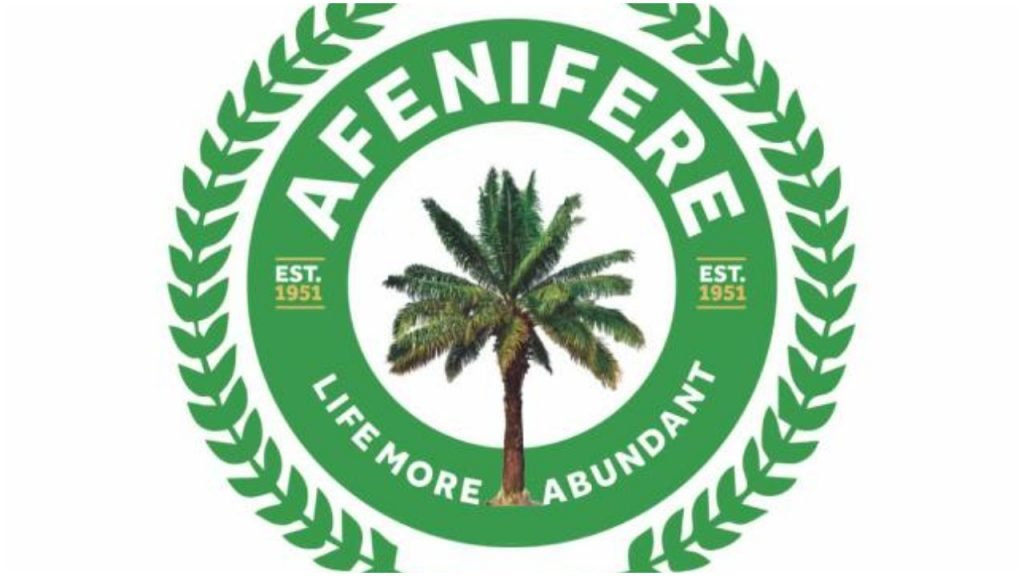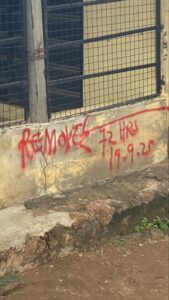
Calls for Immediate Restructuring of the Nation
South-West Stakeholders Decry Escalating Insecurity
The pan-Yoruba socio-political group, Afenifere, has expressed strong reservations about a proposed bill that seeks to grant indigeneship status to individuals who have resided in a location for at least ten years. The organization warns that such a move could exacerbate ethnic tensions and provoke violence.
Amid rising security concerns in South-West Nigeria, the Yoruba Assembly, in collaboration with various pan-Yoruba organizations, convened a security summit. The event, attended by delegates from Lagos, Ogun, Oyo, Osun, Ekiti, Ondo, Kwara, Kogi, Edo, and Delta states, emphasized the urgent need to address escalating insecurity in the region.
The House of Representatives recently advanced several constitutional amendment bills, including one sponsored by Deputy Speaker Benjamin Kalu and six other lawmakers, which passed its second reading on March 26, 2025.
Additionally, the Sultan of Sokoto, Sa’ad Abubakar, recently called for the removal of policies that differentiate between indigenes and non-indigenes. During a Sallah visit to Governor Ahmad Aliyu of Sokoto State, he urged governors to abolish the non-indigene classification to foster national unity.
The Indigene Status Bill aims to modify constitutional provisions to grant indigene status based on birth, continuous residence of at least ten years, or marriage.
Afenifere, through its National Publicity Secretary, Jare Ajayi, rejected the proposal, asserting that residency classifications should remain distinct, identifying four key groups: natives, citizens, residents, and visitors. Ajayi warned that the proposed changes could deepen mistrust and fuel communal conflicts, recalling a similar initiative in 2020 by then-Deputy Senate President Ovie Omo-Agege.
Afenifere further suggested that the push for expanded indigene status might stem from territorial expansionism, ecological shifts, and power consolidation ambitions. The group urged the National Assembly to abandon the bill and instead focus on restructuring the nation to ensure that all regions have autonomy in governance within a truly federal system.
At the Western Nigeria Security Summit in Ikeja, Lagos, Yoruba Assembly leaders underscored the need for a coordinated strategy to combat violent incursions by armed herdsmen and other criminal elements. The summit highlighted that the persistent insecurity threatens lives, property, and food production across the region.
Planning Committee member Adewale Adeoye described the crisis as an existential threat, warning that Yoruba ancestral lands and cultural heritage were under siege.
“The South-West is facing an asymmetric war. Our people are in anguish, on the brink of despair. But we will not surrender. We are ready to resist, defend our land, and reclaim our sovereignty,” he declared.
Participants criticized federal and state efforts as inadequate, leaving communities vulnerable to attacks, kidnappings, and displacement. Farmers, traders, and even traditional rulers have been targeted, further destabilizing the region.
In his keynote address, Afenifere Renewal Group (ARG) Chairman Olawale Oshun stressed the need for state policing and enhanced local intelligence gathering to address security challenges.
“State policing is essential, but leadership commitment at all levels is paramount. Every inch of our land must be protected. Local intelligence is key—our people must be empowered to assist security agencies,” Oshun stated.
Afenifere Youth Council President Eniola Ojajuni also shared his personal experience of being kidnapped in February, reinforcing the urgency for stronger security measures.







